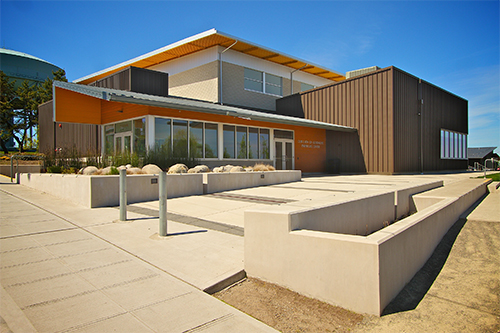The Seventh Grade Social Studies curriculum consists of two strands. One strand includes a continuation of world history, geography, economics and civics in major societies from the year 600 – 1450. The other strand moves into Washington State history, including the Native American experience, the history of Seattle, our state constitution, key treaties, and the important figures in our state history. Seventh graders will additionally spend time with current events and living history happening in our world today.
Mr. Santos Daily Notes and Slides: If you are absent or need to review what we did in class today, please check my daily slideshow: Seventh Grade Social Studies Slides. Just scroll to the date you need.
Texts and Resources:
-
Essential Questions:
-
Why is it important to have study skills for locating, evaluating, and interpreting information from a variety of sources?
-
How can reading effectively and critically from a variety of sources teach me about communication and the human experience?
-
How does physical geography contribute to the political, economic, and cultural development of civilizations? (World History and Geography 600-1450)
-
How have individuals and groups with Washington state been affected by geography, treaties, and political, economic, and social challenges?
-
-
Literary Options:
- My World Geography (Pearson)
- Washington in the Pacific Northwest
-
Informational Options:
-
Seattle Public Library: Every middle school student is required to have a Seattle Public Library card and account with their PIN memorized. This is a critical piece in studying informational text and using public databases.
-
NEWSELA: This outlet is commonly used in school settings. It provides current news articles from a variety of sources and has the ability adjust the reading level of each story to fit a student’s level of needed rigor. Here at OLG, we use this not just in LA/Literature, but in content area classes as well.
-
Various articles, podcasts and documentaries curated by the teacher (and occasionally by the students).
-
General Expectations:
-
Participate! Do so in your own way, whether raising your hand, writing descriptively, artistically, small group or large group. Just know that if you struggle in any of these areas, you’ll be encouraged =).
-
Practice aloha (mutual love and respect). You’re middle schoolers. None of you know everything. The teacher doesn’t know everything either. We’re in a learning environment, so allow one another to make mistakes, both academic and social, and do not belittle someone for being imperfect. Be forgiving of self and others. Find ways to be helpful. And be grateful.
-
Always do your best. Every assignment is doable if you put in the effort, which includes powering through struggle and communicating when you need help.
-
Communicate. Your teacher is not some astral being projecting information to you from afar. We are your own personal resource for helping you learn. Take advantage of that!
-
Do your own work. Don’t plagiarize. You will learn the difference between summarizing, paraphrasing and quoting. If your entire essay is a “quote without quotation marks,” that is blatant plagiarism, resulting in a zero on the assignment. I’d rather you NOT turn in an assignment or essay than turn in a copied one. It’s way more hassle for me, you and your parents. And your academic record!
